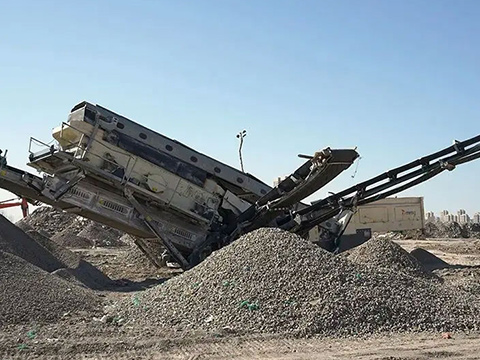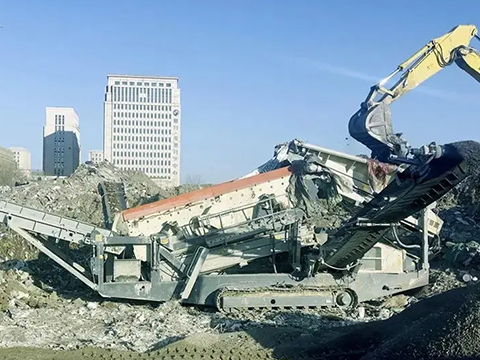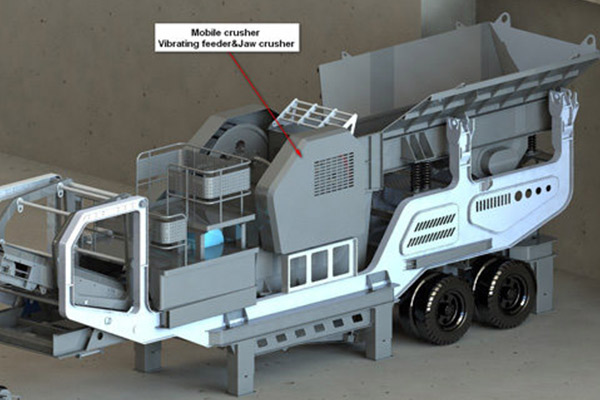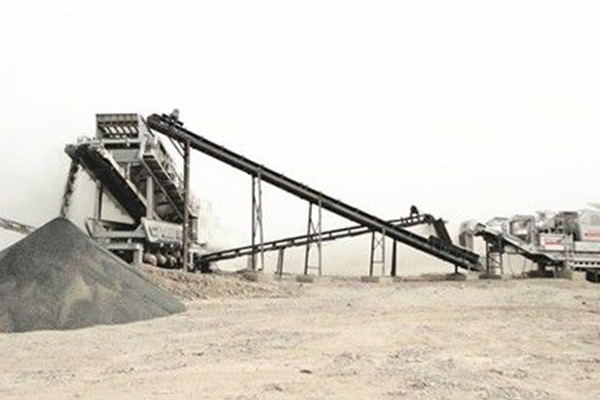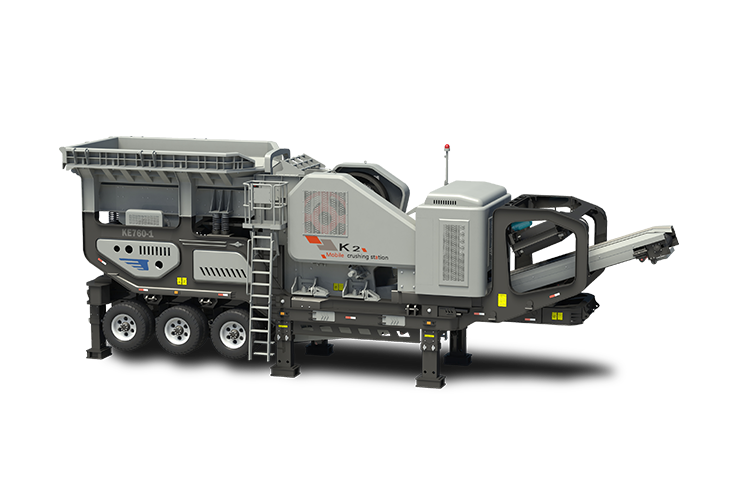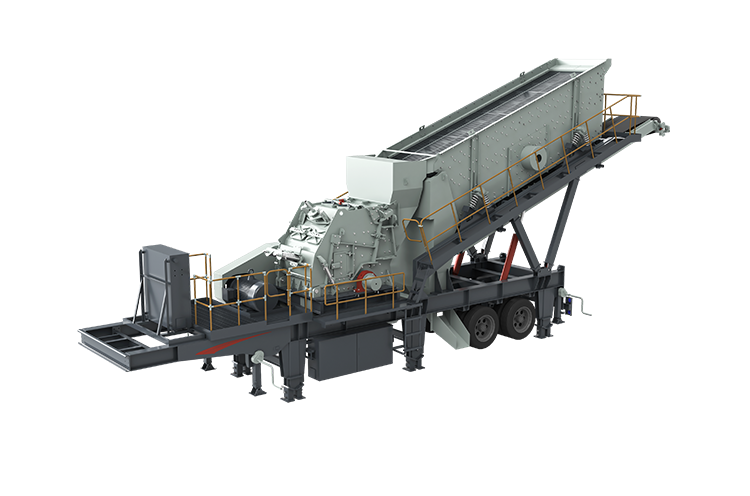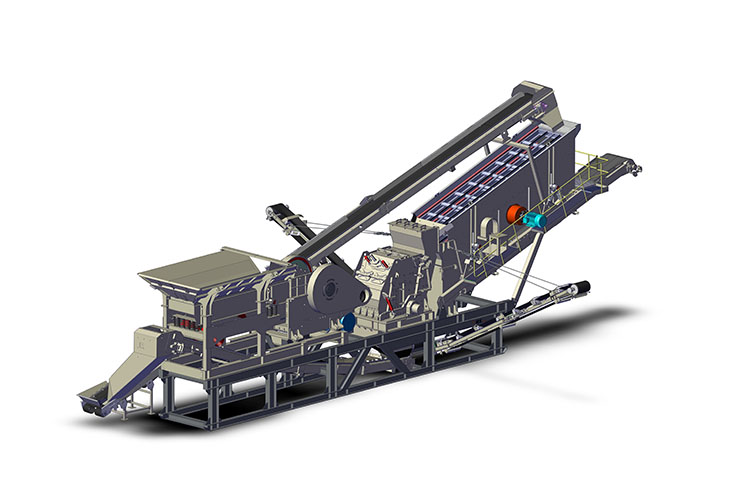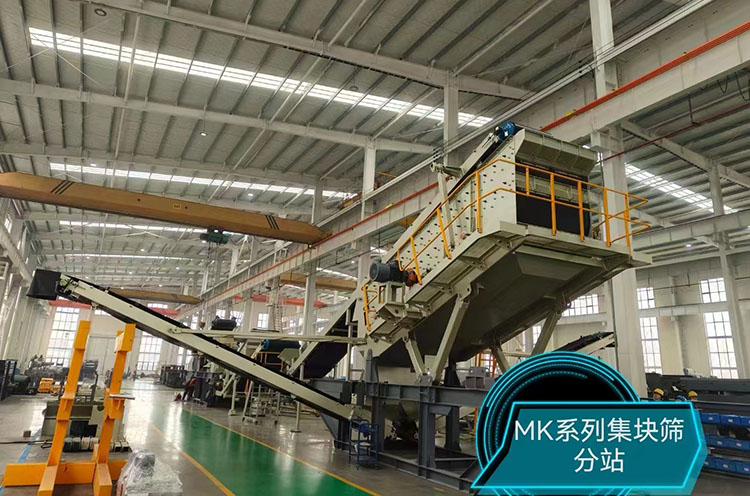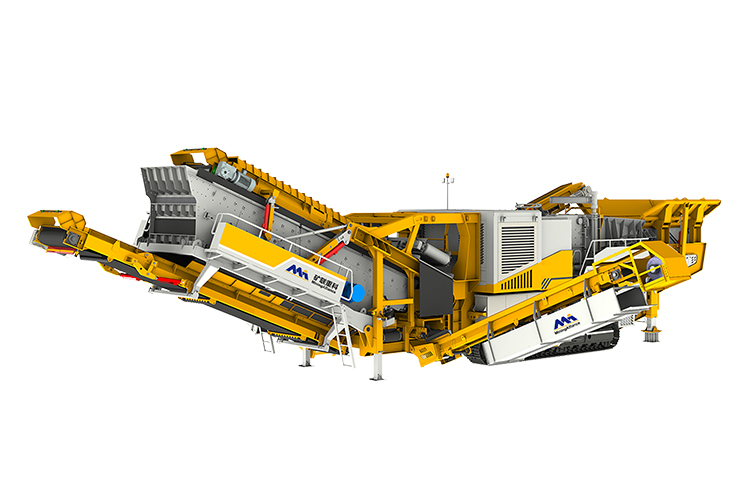Mobile crushing plants not only excel in flexibility but also show significant environmental advantages. They can markedly reduce negative environmental impacts, such as dust and noise pollution. By processing materials directly at the site, mobile crushing plants minimize the environmental damage from material transportation, reducing carbon emissions.
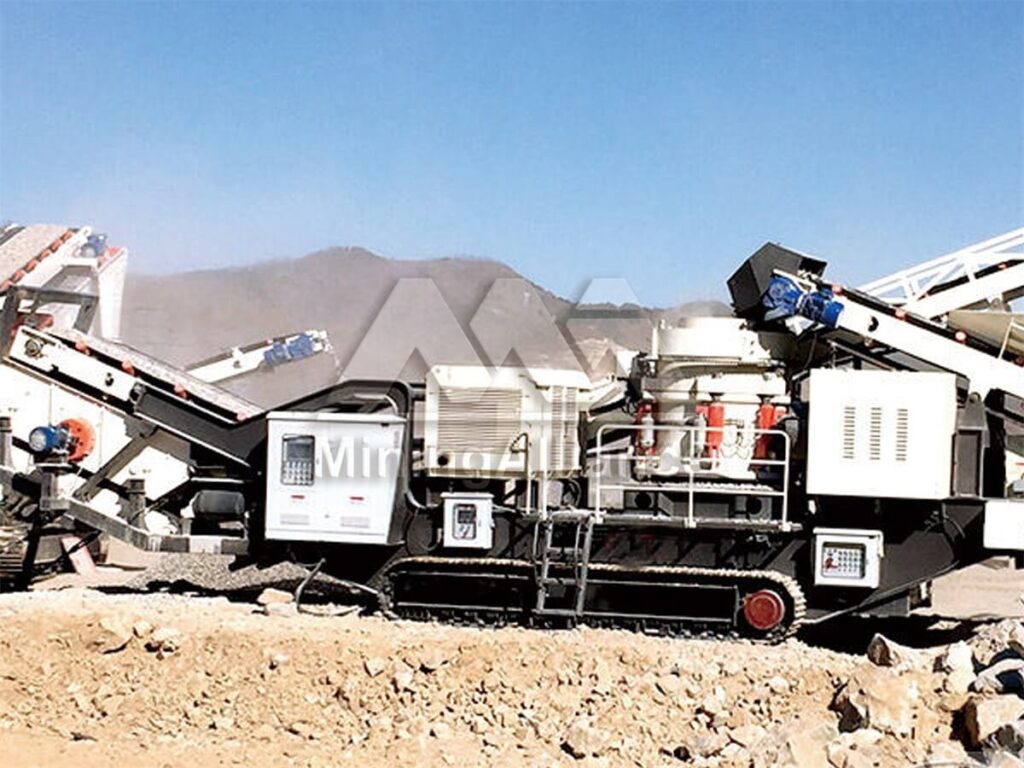
In practical applications, mobile crushing plants play a pivotal role in managing urban construction waste. They can convert discarded concrete, bricks, and other construction materials into reusable ones, promoting resource recycling and decreasing reliance on landfills. In one urban project case, mobile crushing plants successfully turned construction waste into recycled aggregates, saving substantial transportation costs, reducing the carbon footprint, and providing the city with a significant amount of recycled building materials, thus achieving both economic and environmental benefits.
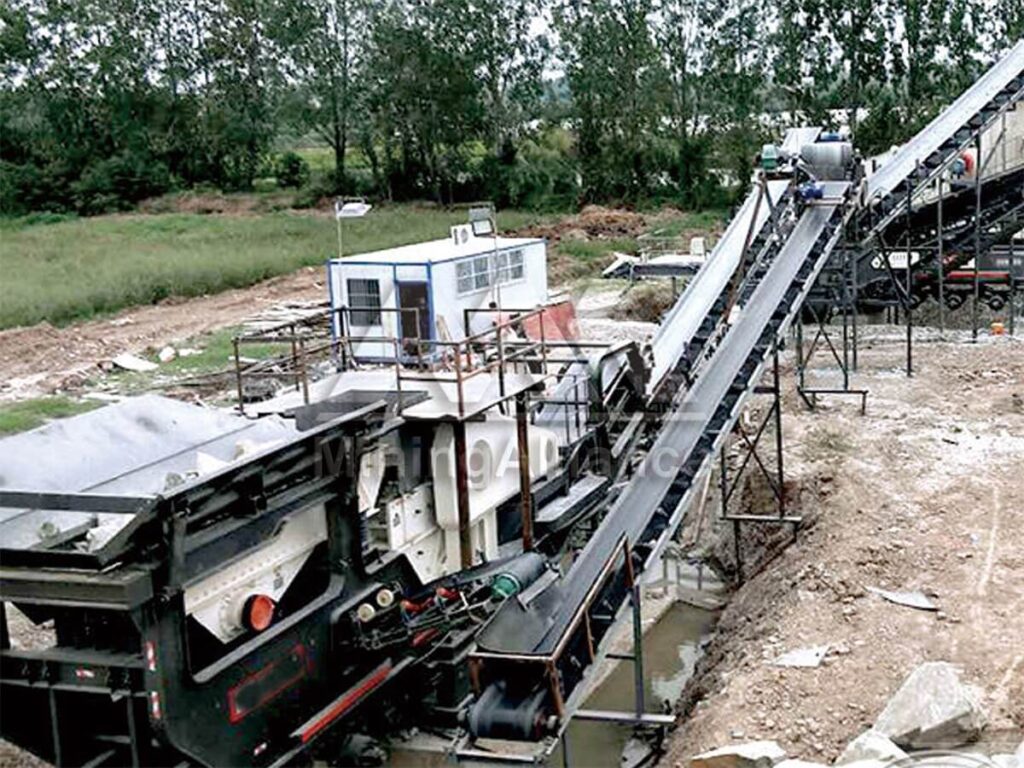
Moreover, another environmental advantage of mobile crushing plants is their energy efficiency. They are often designed with energy-saving modes to optimize energy use and reduce unnecessary consumption. By precisely controlling the crushing process, mobile crushing plants achieve more efficient material handling while minimizing energy waste, further lowering their environmental impact.

